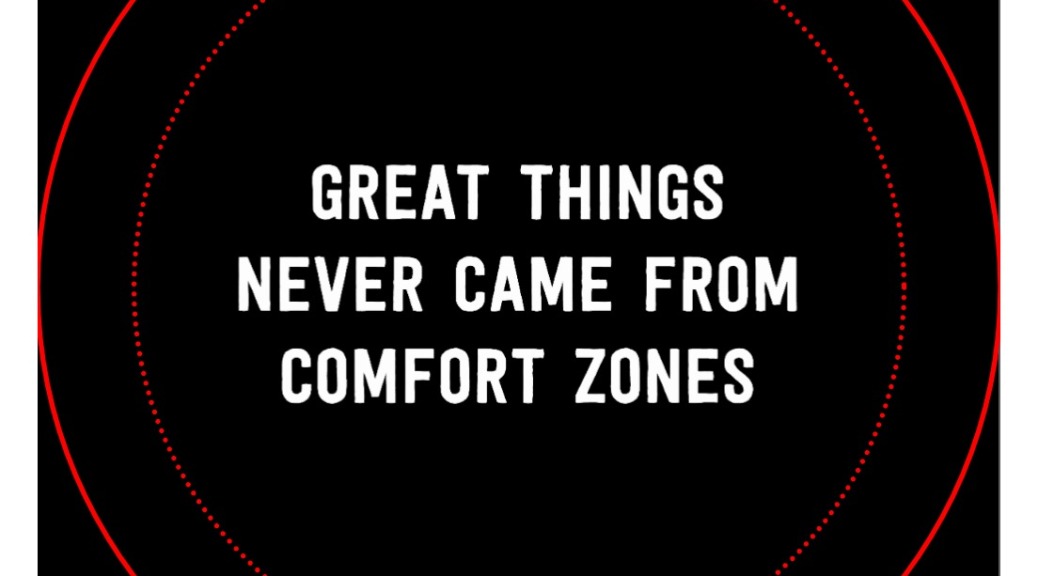
I follow a Facebook page called I Like Giving. It was created to support a movement that began when Brad Formsma published a book by the same name. I am a fan of this movement because it touches on the heart of what Se Luz is working towards–living generously. The memes and stories posted on this page are meant to inspire others to act and live in ways that embody the fruit of the Spirit (that’s my claim, not the page admin’s).
But the fruit of the Spirit is love, joy, peace, forbearance, kindness, goodness, faithfulness, gentleness and self-control. Against such things there is no law.
Galatians 5:22-23
Living up to these qualities is no easy task. Just ask ANYONE who has been on social media during this past election season (yes, I went there). It takes grace to act with love towards your neighbor who advocates for policies that, when carried out, would have a negative impact on you or your loved ones. It requires forbearance, gentleness, and self-control to engage with that person in meaningful conversation to shed light on a different perspective (and to learn about theirs). Choosing joy and peace when so much of the future is uncertain is a spiritual discipline. If we take the fruit of the Spirit as a package of traits that we Christ followers aspire to, the net result is generous living.
Like Mahatma Ghandi, I believe generosity has more to do with one’s attitude than with the capacity of their giving. Too many people are hindered from generosity because they think they have nothing to give. Yes, donating money is generosity. But so is serving others, volunteering, making connections, using your special gifts to benefit others, listening, forgiving someone who’s hurt you, being considerate of others’ needs… I could go on all day. Generosity is being in tune with what advantages you possess (time, talent, treasure, status), the needs of others, and how God is calling you to connect the two.
The Bible’s New Testament (the OT does, too) provides many examples of what it looks like to live generously. The Good Samaritan (Luke 10:25-37), the parable of the sheep and the goats (Matthew 25:31-46), the poor widow (Mark 12:42), Zacchaeus (Luke 19:1-9), Jesus’ entire life (Gospels), the early church (Acts 2:45-47)… Furthermore, the book of James teaches us that it is not enough to simply believe in these principles, but that we must allow our faith to propel us toward action (James 2:14-26).
Our Se Luz group in Guatemala have a special opportunity, right now, to inspire generosity in the Santiago community. We recently learned about a family of orphaned (to AIDS) siblings (age 4-24), who’s home burned to the ground. In response to a local radio station’s appeal for donations, several community members came together to raise $670 (Q5,000) to help this family. That’s a pretty strong community response, considering the economic level of families in Santiago. As an organization, we have a plan to leverage our position to encourage the community to give even more. Publicly, Se Luz is committed to providing the manual labor needed to build a new home for this family, plus 50% of the material cost (total budget is $4,000). Our hope is that this commitment will inspire more families and businesses to give what they can to help these siblings with their urgent need for a home. Privately, we are willing and able to fund 100% of the project (and will do so if necessary), but we highly value and desire community collaboration.
Se Luz’ mission is to Bring the Light of Christ to Guatemala through Discipleship and Service. Traditionally, the mission has been focused on our youth and their good works in the community via service projects. In light of inspiring generosity (pun intended), our mission becomes a challenge to the broader community to shine the light of Christ through generous living. For many reasons (cultural and historical contexts), this type of generosity is pretty radical for Guatemalans. While hospitality is a clear strength in generosity for our Guatemalan friends, charity is an opportunity area for growth. For ten years now, Se Luz youth have been modeling generous living; the time has come for us to invite others to do the same.
Today is #GivingTuesday. We are inviting you to join us in our mission to shine Christ’s light in Guatemala–through discipleship, service, and also generosity. In order to achieve our mission, we depend on YOU, our generous community to take action. Please consider making a donation today, and spread the word about our important work!
Link for online donations: http://www.razoo.com/story/se-luz
STORM (Service to Others in Relational Ministry) camp and Pastor Dave Brown deserve credit for the formation of my thoughts on servanthood and generosity. Bethel Seminary Master of Arts program in Community Ministry Leadership, and the ministry of Greg Meyer and Jacob’s Well have also helped me flesh this out. Many thanks!


